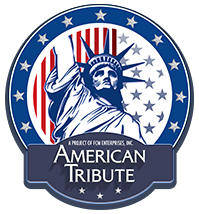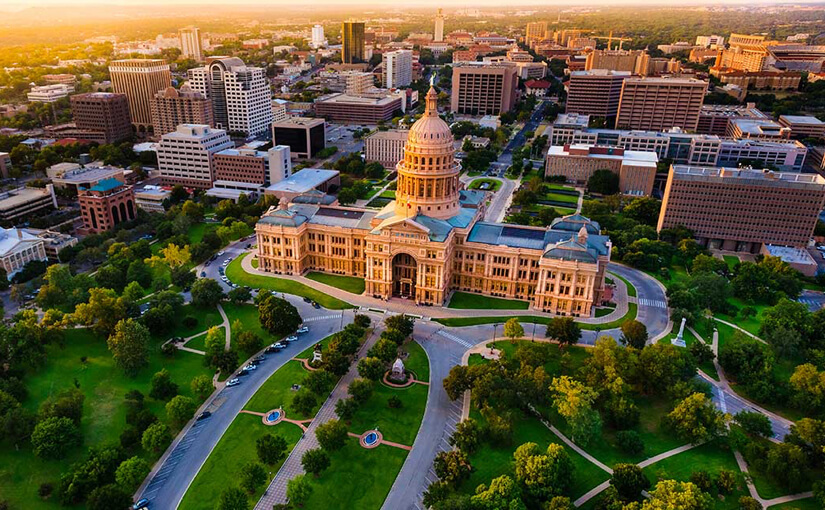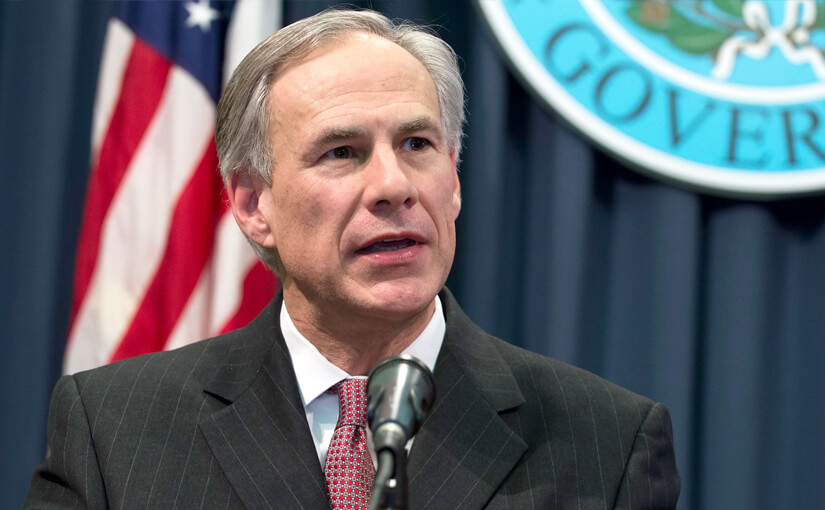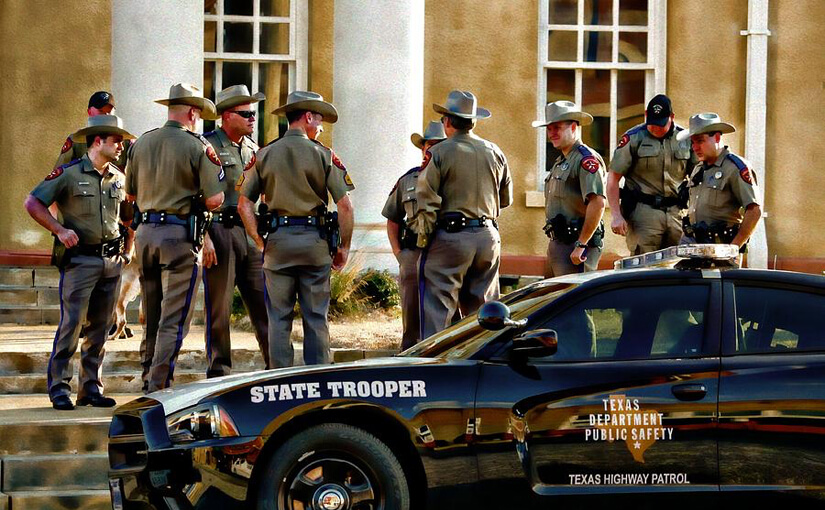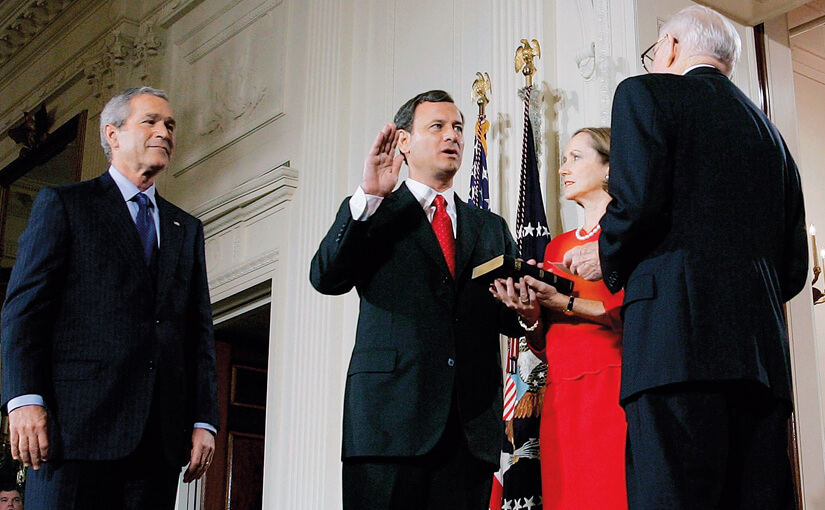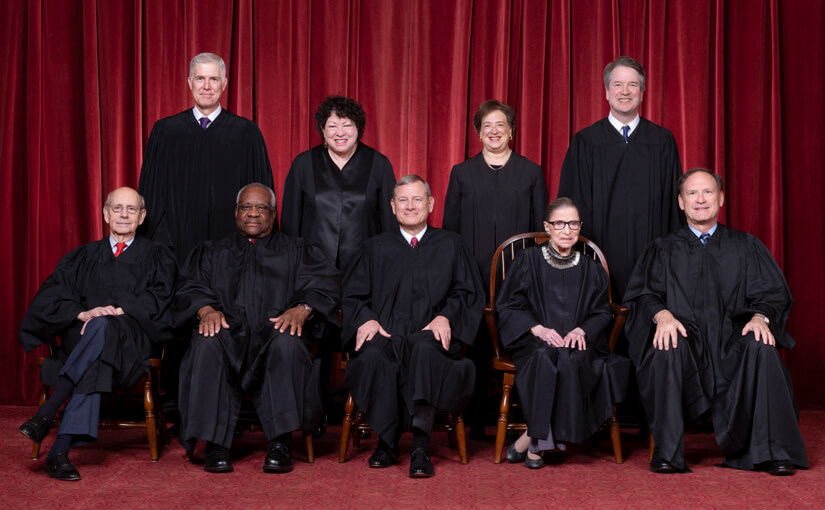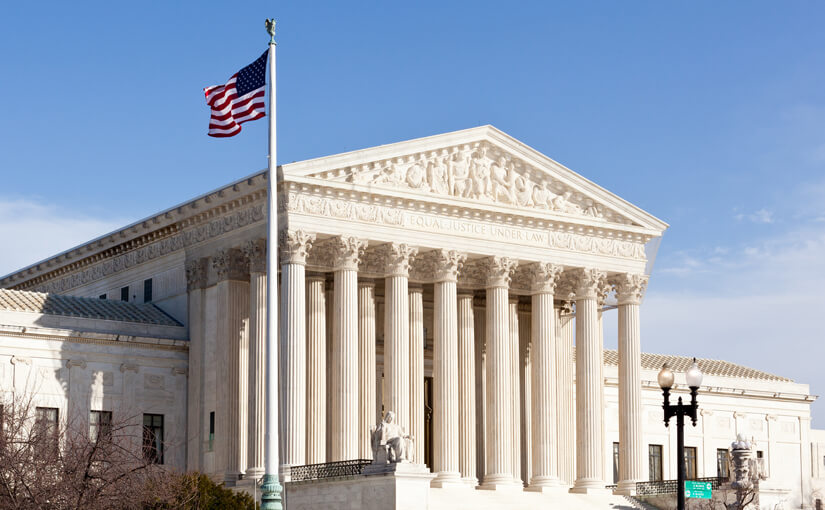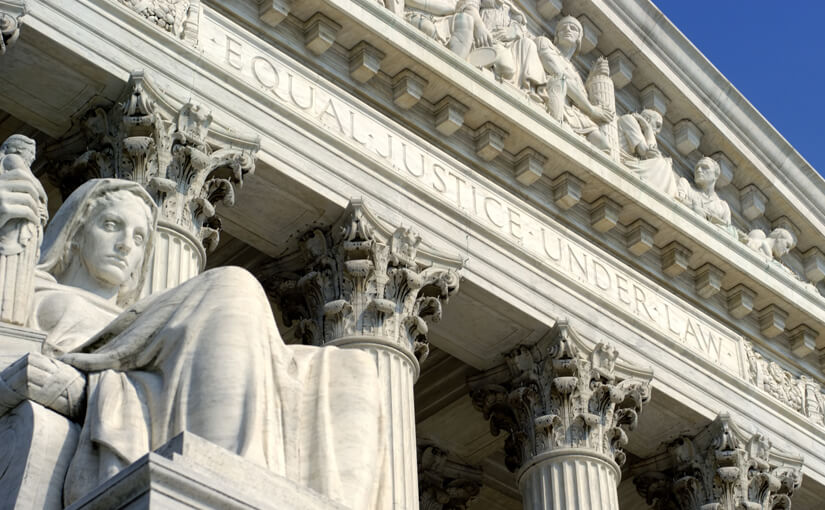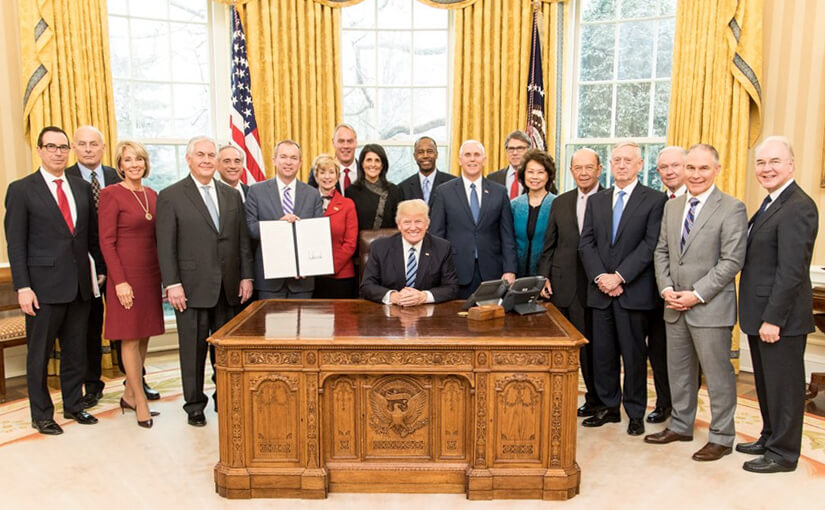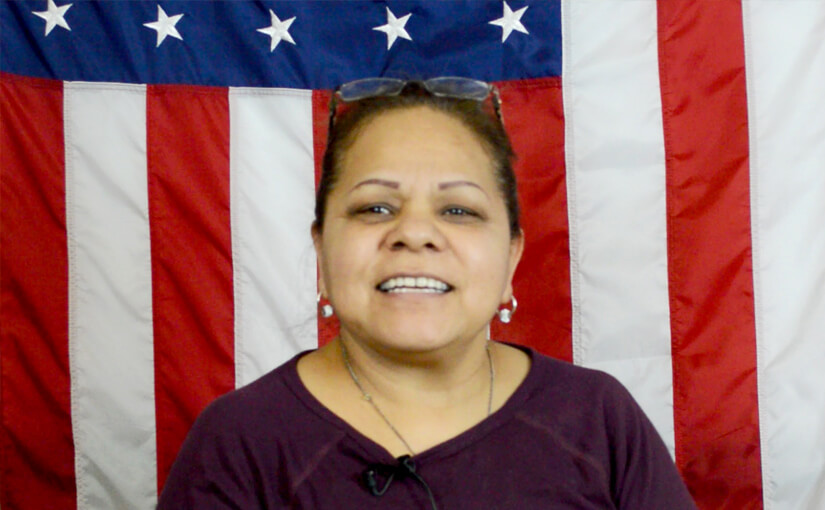- Answers will vary. [District of Columbia residents should answer that D.C. is not a state and does not have a capital. Residents of U.S. territories should name the capital of the territory.]
To learn the capital of your state or territory, go to http://bensguide.gpo.gov/3-5/state/index.html. Each state or territory has its own capital. The state capital is where the state government conducts its business.
It is similar to the nation’s capital, Washington, D.C., where the federal government conducts its business. Some state capitals have moved from one city to another over the years, but the state capitals have not changed since 1910. Usually, the governor lives in the state’s capital city.
* If you are 65 or older and have been a permanent resident of the United States for 20 or more years, you may study just the questions marked with an asterisk.
** As you prepare for U.S. citizenship, Learn About the United States: Quick Civics Lessons will help you study for the civics and English portions of the naturalization interview. There are 100 civics (history and government) questions on the naturalization test. During your naturalization interview, you will be asked up to 10 questions from the list of 100 questions. You must answer correctly six (6) of the 10 questions to pass the civics test.
